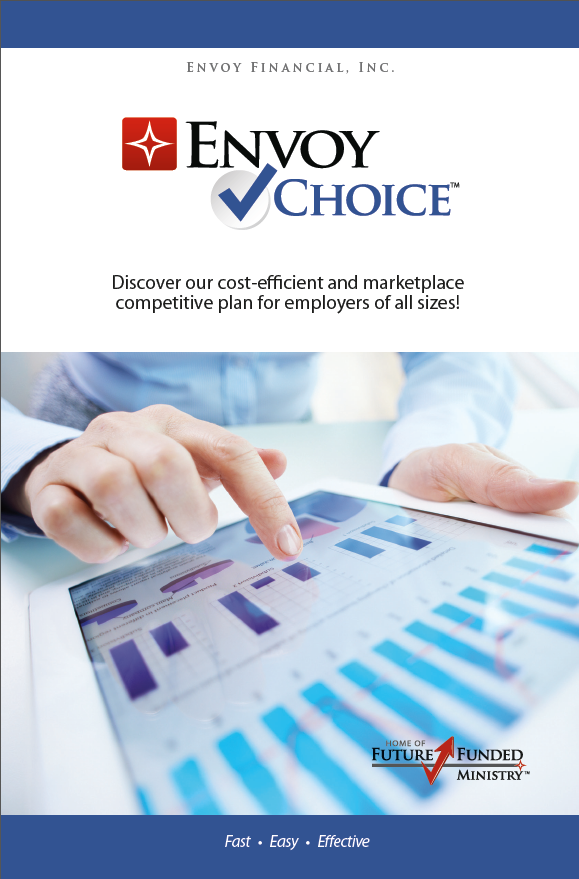Envoy Financial Trusted Advice Along the Way Investment Policy Statement
Post on: 2 Июль, 2015 No Comment

An investment policy statement for a participant-directed plan is a written statement of the plan’s goals and objectives to be followed by the investment managers, diversification of investment options, compliance with applicable pension regulations and performance measurement guidelines. This policy allocates responsibilities among the different parties that influence the plan’s administration and management. Plan sponsors or fiduciaries should establish guidelines to govern the investment selection and monitoring process in the participant-directed plans. The policy statement should document that in accordance with ERISA — or Best Practices — care, skill, prudence, and diligence were applied in the investment selections.
Who Is A Fiduciary?
A plan fiduciary is any person or group with some effective influence, power or discretion over the plan. This includes people who have authority and responsibility for the management of the plan and its assets. ERISA Section 3(21) defines a fiduciary as anyone who either: 1) exercises discretionary authority over the plan’s management of assets, 2.) offers investment advice for a fee or other compensation, or 3) exercises discretionary authority over the plan’s administration. Under this broad definition, fiduciary liability extends to: the investment committee, trustees, members of the Board of Directors, corporate officers and employees, benefits managers, attorneys, accountants, consultants, agents, brokers, and salespersons associated with the plan.
Why Every Defined Contribution Plan Needs A
Written Investment Policy Statement
There are numerous misconceptions among plan fiduciaries about the responsibilities of plan sponsors in participant-directed plans. Most employer-directed plans that fall under ERISA rules have written investment policy statements. Many employee- or participant-directed plans such as DC plans do not yet have investment policy statements. However, Section 402(b)(l) of ERISA requires that every employee benefit plan, which includes 401(k), 403(b), and 457 plans, shall provide a procedure for establishing and carrying out a funding policy and method consistent with the objectives of the plan and the requirements of this title. In plain English, this means an investment policy statement for participant-directed plans.
The key to minimizing one’s fiduciary liability is to maintain a well documented paper trail. Fiduciaries must be able to document the process used in making decisions for the plan. They must be able to demonstrate that they monitored the plan via periodic asset, account balance, and performance reports, for example. Documentation is required for the process leading to a decision in the selectin of service and continued monitoring of the plan. Fiduciary responsibility does not end once the plan providers and investment choices have been made. Ongoing monitoring must occur and be clearly documented.
Again, disiclosure and documentation of the process are key as a means of any future potential defense. They also make good business practice and keep the plan focused on the needs of the participants.
Focus of the Statement
The policy statement should focus specifically on the rights and interests of the plan or eligible employees, and the plan sponsor’s intent to comply with DOL and ERISA regulations. The investment guidelines should serve as a blueprint for the investment committee to monitor the performance of the investment manager, trustee, investment consultant, investment adviser, actuary and any other service providers. The statement should give the plan’s investment objectives such as principal preservation or long-term capital appreciation, and goals such as rates of return relative to indices, peer group rankings or long-term target rates of return. The guidelines may set out asset allocation targets, permissible investments, portfolio turnover and transaction costs. They should also specify the scope, detail and frequency of reports to management as well as to participants. If the plan complies with ERISA Section 404(c), plan fiduciaries have a responsibility or duty to monitor the selection and performance of investment choices. The guidelines should be tailored to 404(c) compliance and should provide a procedure for regular and objective review of the investment alternatives. If the plan offers self-directed brokerage accounts to its participants, the sponsors still need to monitor the trustee, 404(c) compliance and plan administration.

The investment guidelines should be reviewed at least annually. The investment options Offered are the responsibility of the plan sponsor. The plan should have objectives that relate to the asset mix. The following are some of the steps that should be taken in developing an effective investment policy:
- Define Responsibilities or Statement of Duties
- Identify the Types of Investment Options Available
- Establish the Appropriate Asset Classes and Their Investment Objectives
- Establish Specific Performance Measuremen Standards
- Define Procedures for Annual Review, and Comprehensive, Ongoing Monitoring
- Set Guidelines To Ensure Participant Control
- Establish Participant Communications Procedures
- Specify Reporting Requirements
Because most new retirement plans are participant-directed, many plan sponsors or companies have become complacent about the potential fiduciary liability associated with these retirement plans. Many are not aware of the fact that many of the same ERISA, DOL and IRS rules and regulations that apply to traditional pension plans or employer-directed plans also apply to relatively new participant-directed plans such as 401(k), 403(b), and 457 plans. A comprehensive investment policy statement is one tool available to plan sponsors to mitigate some of the potential fiduciary risk.
If you need guidance regarding creating an Investment Policy Statement for your plan or would like more information about our solutions, contact us at (888) 879-1376, or by email .
Envoy Financial
Trusted Advice Along The Way














